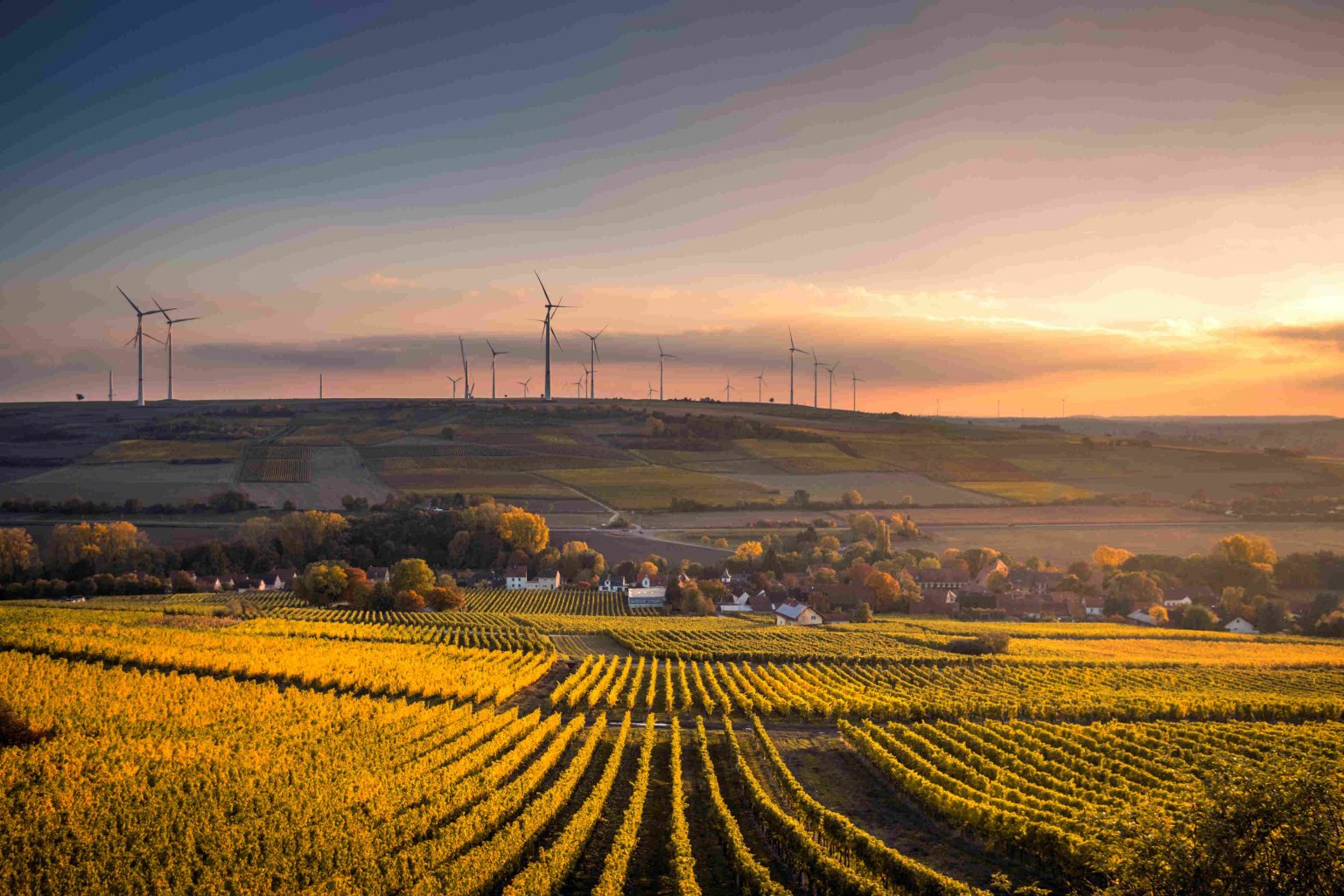
- By Content Coms
- In Thinking, Useful Stuff
We ask: Do new Labour plans spell energy positivity?
Content Coms’ very own Environment Editor Giles Crosse analyses the news. This week, at the Labour Party Conference, Labour leader Jeremy Corbyn reiterated plans for, “A 60% reduction in emissions by 2030, including reductions in greenhouse gas emissions to zero by the middle of the century.”
He also promised a Green Jobs Revolution (haven’t we heard that somewhere before from the Conservatives?), with sustainable energy for the future and skilled jobs in every nation and region of the UK.
Labour’s BEIS Shadow Secretary of State, Rebecca Long-Bailey, also backed a diverse energy mix, with Labour recommending a seven-fold increase in offshore wind power to 52GW, along with doubling onshore wind power, and tripling solar.
It’s a heady mix. What does it all mean?
Labour’s plans in context
Today, the UK’s greenhouse gas goal is an 80% cut by 2050, writes The Guardian, commenting that Labour’s move would put the UK ahead of the EU and leapfrog Labour ahead of the Conservatives on climate change action.
There is more. Labour’s plan envisages 85% of electricity coming from renewable and low carbon sources by 2030, a dramatic increase on the 50% they provide today.
It’s also about warming homes and offices. Labour is mulling a goal of providing 44% of heat from renewable sources by 2030 and reducing heat demand from buildings by almost a quarter. The party is expected to officially adopt the energy goals later this year.
Jim Watson, Director of the UK Energy Research Centre, told The Guardian: “These proposals are envisaging a much more ambitious approach than current policy. With respect to renewable electricity, particularly wind, the ambitions look achievable by 2030.”
Greenpeace argued the adoption of a net-zero emissions goal for 2050 was “truly transformative”. Friends of the Earth said the energy proposals could help the UK seize the potential of “huge innovations happening in renewable energy technology.”
Promising the heavens; can the work be done on earth?
Labour’s promises (and they are only that; promises) come on the back of a drive to low carbon that began in the days of David Cameron. Unfortunately, this drive has ground to a halt.
Details on the Conservative’s vaunted Industrial Energy Efficiency Scheme remain invisible. The Clean Growth Strategy gets little coverage nowadays.
The Government’s Committee on Climate Change (CCC), appointed to advise on the low carbon transition, wrote in January that even if delivered in full, existing and new policies, including those set out in the Clean Growth Strategy, miss the fourth and fifth carbon budgets by around 10-65 MtCO2e – a significant margin.
Somewhere in the Conservative camp the low carbon ball has been dropped, and many commentators see one culprit; Brexit.
Is Brexit harming the Tory vision on climate (and everywhere else)?
The Conversation writes that throughout Mrs May’s tenure it has become all too clear that the UK Government is fixated on Brexit, along with the country’s media and almost everybody else.
‘Climate change has been continually pushed out of the headlines by yet another Brexit blooper, which has serious implications for the UK’s international policy,’ it argues.
With minimal real world delivery on UK climate policies since Brexit hit the fan, it’s hard to deny this analysis.
So, the ironic situation is this; it appears to be Labour, not the Tories, who are listening to the warnings laid out by the CCC, which was appointed by Tory leaders. And it’s Labour, for now, promising to act upon them.
Jeremy Corbyn, a maturing though contentious politician, seems to have understood that the business of governing has been forgotten by Conservatives fixated on infighting over leaving the EU. For him, it may be convenient that this opens opportunities for his party to talk to a frustrated electorate.
But does this matter? Business Green writes that Corbyn’s climate vision is backed by a plan that appears to recognise the scale of the challenge and the level of ambition that is required, and that a step change in decarbonisation efforts and a multi-billion dollar investment programme are urgently required if the UK’s climate targets are to be met and the full benefits of a green economy realised.
It is easy to promise the world while in opposition. But in today’s increasingly vexed EU standoff, promises may be far more than the party sitting in power are able to truly deliver on low carbon.
A cavernous void has opened in the low carbon political conversation. It will be fascinating to see who fills it, and which actions will once again put the UK on a leading path.

